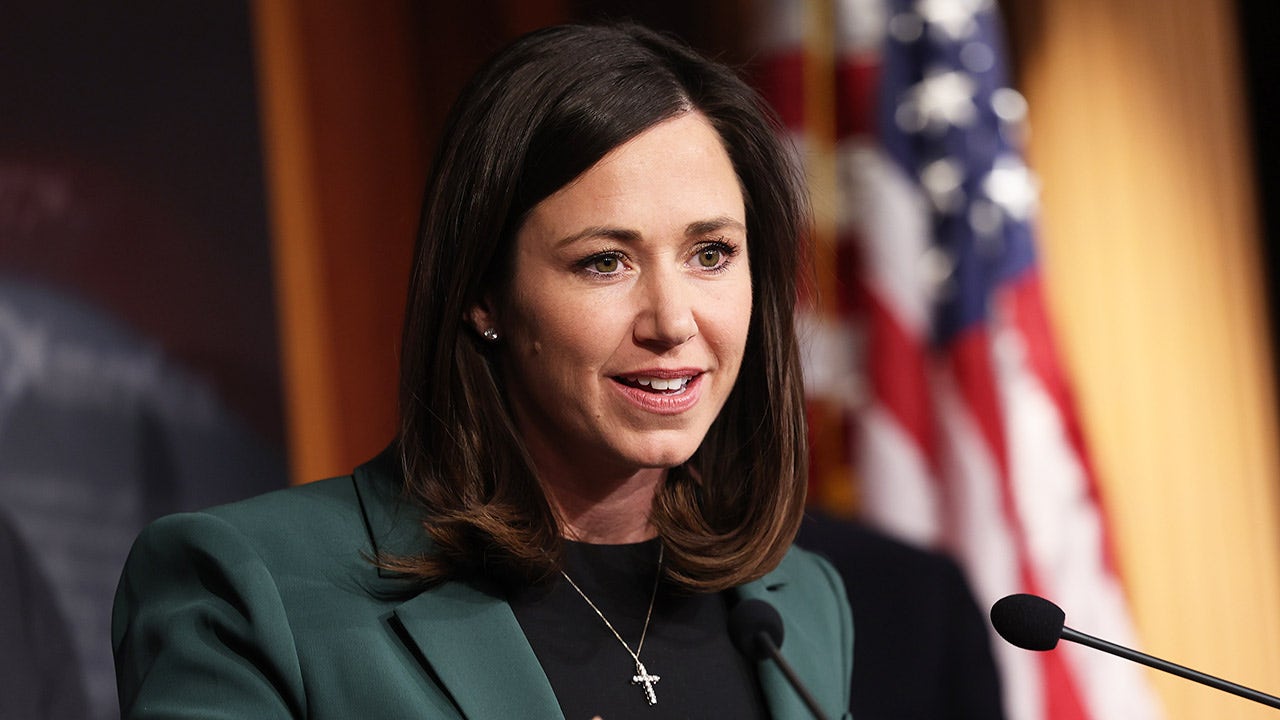Posted on Wednesday, December 11, 2024
|
by Outside Contributor
|
0 Comments
|
Donald Trump turbocharged the economy his first time in office by enacting policies encouraging businesses to invest in themselves, such as speeding up depreciation. The new forklift for one factory and its suppliers generated jobs at another factory. The rising tide enabled the United States to achieve full employment and the highest one-year growth in household income ever.
He can achieve a similar boost if Congress would work out a Farm Bill. The last five-year Farm Bill passed in 2018 — before COVID, before the trade war with China and the Russian war in Ukraine, before the worst-in-40-years inflation of the Biden administration, and before the massive disruptions to the supply chain.
Farmers, burdened by soaring costs, unpredictable weather, and lower commodity prices, cannot effectively plan capital investments that would lessen the effect of any of these until Congress produces farm legislation. If Trump wants food producers to be able to invest and help grow the economy, he needs to urge Congress to provide the certainty that only a Farm Bill can bring.
Congress is beginning to wrap up for the session. Farmers are telling their representatives to get something done soon. Every day Washington fails to act is a day farmers are left with outdated policies that don’t address the realities.
We must fully unleash the economic engine of rural America with the long-term policy certainty of the Farm Bill. Not passing a Farm Bill soon could mean losing family farms, cashing out savings accounts, or cutting costs in businesses that already endure tiny profit margins and decreasing commodity prices.
The long slide in consumer confidence has plateaued, but agriculture remains dire. More than half of agricultural economists believe the industry is already in a recession and that the industries it touches — from food production and processing to transportation, retail, and manufacturing — could be in trouble.
When farmers struggle, everyone feels the economic consequences. Unlike other sectors that can drag down the economy, problems in agriculture threaten food security at a time when public confidence in the nation’s food supply is at an all-time low, and when we are importing more and more of our food from elsewhere.
It’s not the heaviest of lifts. Work already has progressed a good deal on real pro-farmer, pro-agriculture legislation. The House Agriculture Committee has passed a bipartisan Farm Bill. The Senate has also made progress on some of the most challenging issues and put forth proposals that strengthen the farm safety net.
There’s talk on Capitol Hill of a one-year extension to let the new administration put its stamp on the farm legislation. If House and Senate leaders allow it, Congress can pass a bill in the coming weeks to strengthen farm support and the domestic supply chain and give members a vital victory.
Failure to do so leaves farmers entering the new year unable to expand because of the uncertainty of not having a Farm Bill but having to start from scratch on new legislation. The Farm Bill will likely get pushed further into the year while Congress organizes and takes on budget reconciliation.
Never in recent memory has a Farm Bill been extended beyond its deadline to this degree. It’s time to bring this to an end. The economy depends on it.
Brian McNicoll is a freelance writer and a former senior writer for The Heritage Foundation and former director of communications for the House Committee on Oversight and Government Reform. He wrote this for InsideSources.com.
Reprinted with permission from DC Journal – By Brian McNicoll
The opinions expressed by columnists are their own and do not necessarily represent the views of AMAC or AMAC Action.
Read the full article here











